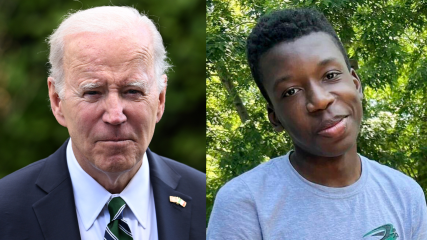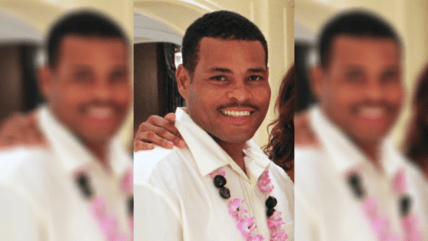Report finds hate crimes increased during presidential elections
“Organized hate is trying to wage war on our democracy," said Maya Wiley, president and CEO of The Leadership Conference Education Fund.
A new report by the education and research arm of The Leadership Conference on Civil and Human Rights finds that hate crimes in the United States hit record levels and surged during presidential elections.
Analyzing the most recent available data collected by the FBI and local police departments, The Leadership Conference Education Fund’s report titled “Cause for Concern 2024: The State of Hate” reveals that hate crimes against racial, ethnic and marginalized groups skyrocketed in 2021.
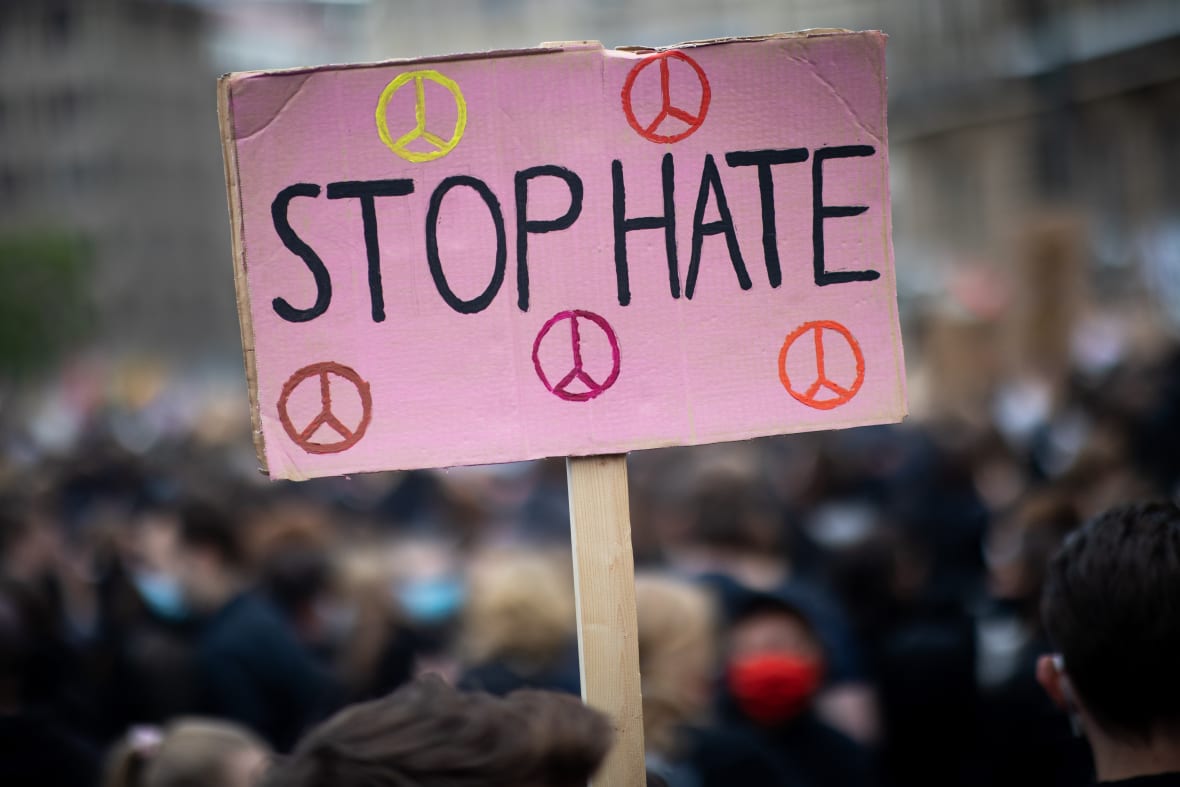
Key findings from the annual report released since 1997 concluded that hate crimes have almost doubled since 2015. The year following the 2020 presidential election was the highest year on record for reported hate crimes since the FBI began publishing data in 1991.
According to findings in the report, in 2021, anti-Black hate crimes increased by 14%, anti-Hispanic or anti-Latino hate crimes increased by 35%, and anti-Asian hate increased by 168%.
Maya Wiley, president and CEO of The Leadership Conference Education Fund, expressed a concern that this trend of increased hate crimes could continue as the 2024 presidential election cycle kicks off.
“It would be wrong to not take this data and recognize that we have to assume it will increase again in this election cycle and that we have the opportunity to get out ahead of it, to prepare for it and to reduce it,” Wiley told theGrio.
Michael Lieberman, senior policy counsel on hate and extremism at the Southern Poverty Law Center and SPLC Action Fund, noted that hate crimes were “super elevated” during the 2016 presidential election of Donald Trump.
Trump, while in the midst of a criminal indictment and several other civil and criminal investigations, is seeking a second term for president as a 2024 Republican candidate.
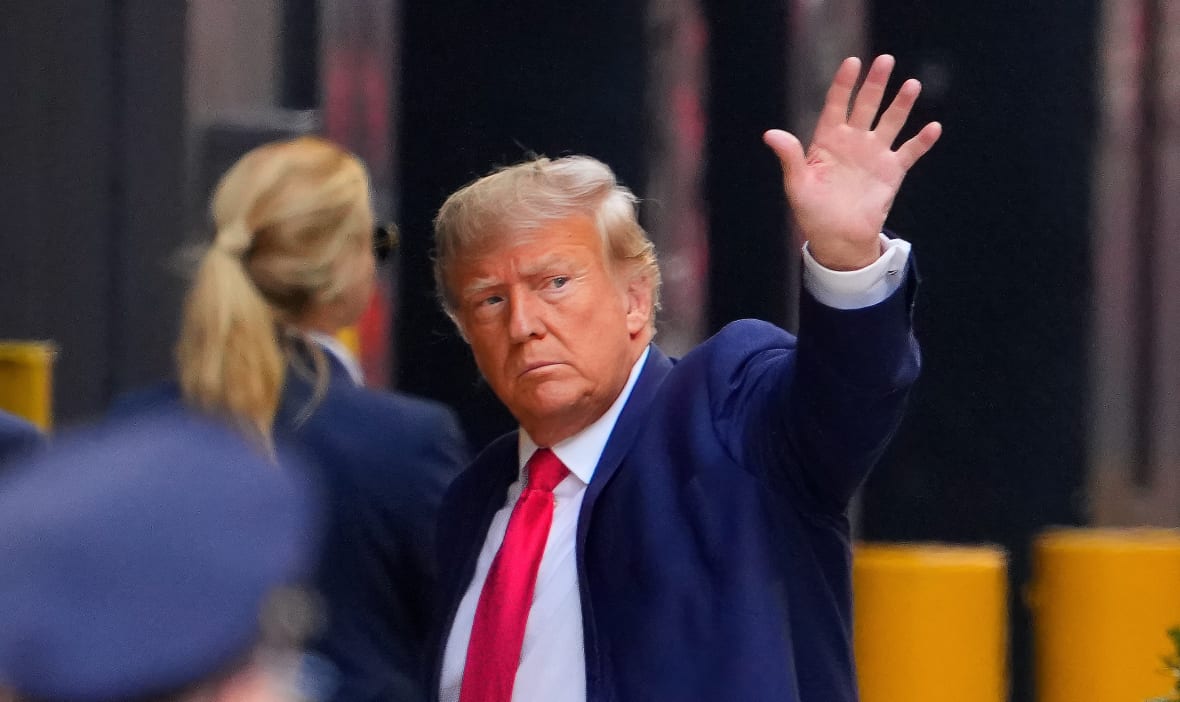
Lieberman told theGrio, “Only the perpetrator of a hate crime is responsible for reported crimes, but there’s absolutely no doubt that words matter and that Trump as a candidate, and then as president, was involved in anti-semitic, racist dog whistles [and] xenophobia.”
While Wiley did not mention Trump by name, the civil rights activist pointed to the deadly Jan. 6 insurrection – fueled by Trump’s false claims of voter fraud – as an example of the present dangers of the rise of hate and extremism.
She explained: “Jan. 6 is an example of why we see a rise in hate activity during elections because white supremacist groups, neo-Nazi groups, other white extremist groups…have an agenda that includes ensuring that people of color don’t vote.”
Wiley added, “In some cases, groups are trying to incite civil war and are actively looking for opportunities to both thwart people they hate from being able to participate and have a voice in deciding who leads us.”
The Leadership Conference president said more bluntly: “Organized hate is trying to wage war on our democracy.”
Wiley said enforcing the law to combat hate in America is critical, pointing to a case in Texas, where Gov. Greg Abbott said he would pardon a white man who fatally shot a Black Lives Matter protester.
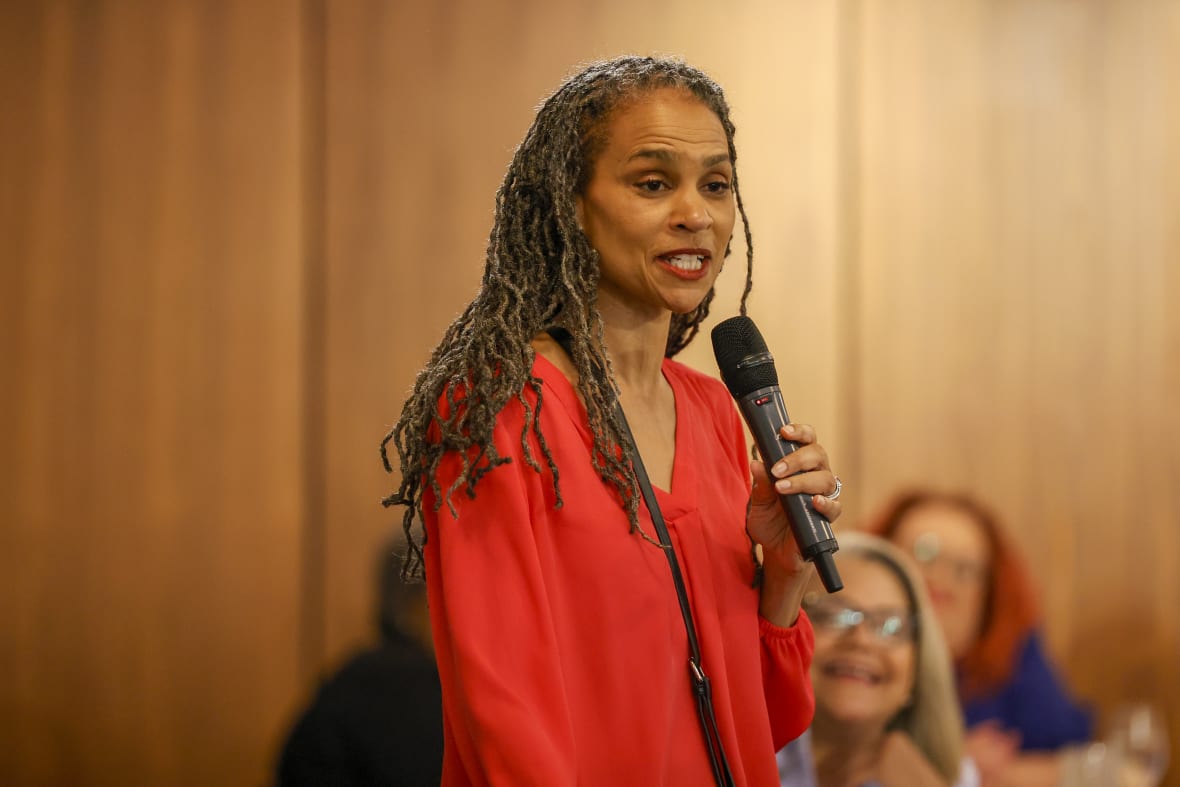
“There is evidence potentially of a hate crime [and] this is exactly the kind of example of where public leaders are reinforcing our problems with hate,” she told theGrio. “This is an opportunity for the Department of Justice – if that [pardon] happens – to go in with federal hate crime charges if, in fact, the evidence supports them.”
In the report, The Leadership Conference Education Fund makes four recommendations for social media companies, the Biden-Harris administration and Congress to thwart the increased presence of hate activity.
Recommended actions include social media companies investing in de-platforming hate; the federal government enforcing laws already on the books to address white supremacist violence; Congress mandating hate crime data reporting; and public officials speaking out against hate.
The Biden-Harris administration is noticeably vocal about the rise of anti-semitism and racism. The White House hosted a number of events on the subject, including last year’s United We Stand summit.
During the summit, President Joe Biden announced several measures, including directives for federal agencies to better coordinate and engage with communities to “prevent, respond to, and recover from hate-fueled violence.”
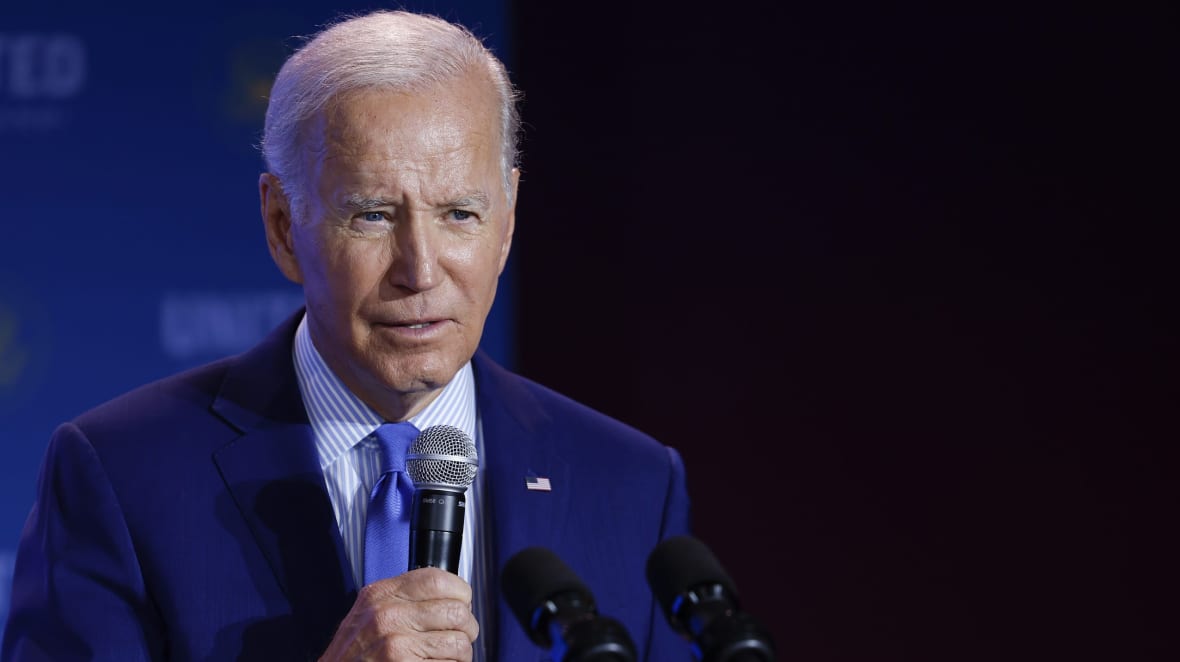
The administration also announced $1 billion in new funds through the Bipartisan Safer Communities Act for states to support educational authorities and institutions to “improve their ability to prevent hate-based threats and bullying and recover from hate-based violence.”
Lieberman, a co-author of The Leadership Conference Education Fund’s first “Cause of Concern” report in 1997, said investing and safeguarding education about hate and systemic racism is crucial to combating the rise of hate crimes and “building democracy.”
Referring to the rise of state leaders banning certain teachings about race and discrimination, he said, “We really should be helping our children and helping students to be able to have critical thinking skills, helping them understand the true nature of American history; the good and the bad.”
He continued, “You can’t erase people’s experiences and people’s lives … the censorship, the book banning, the anti-trans legislation is very harmful and has a real impact.”
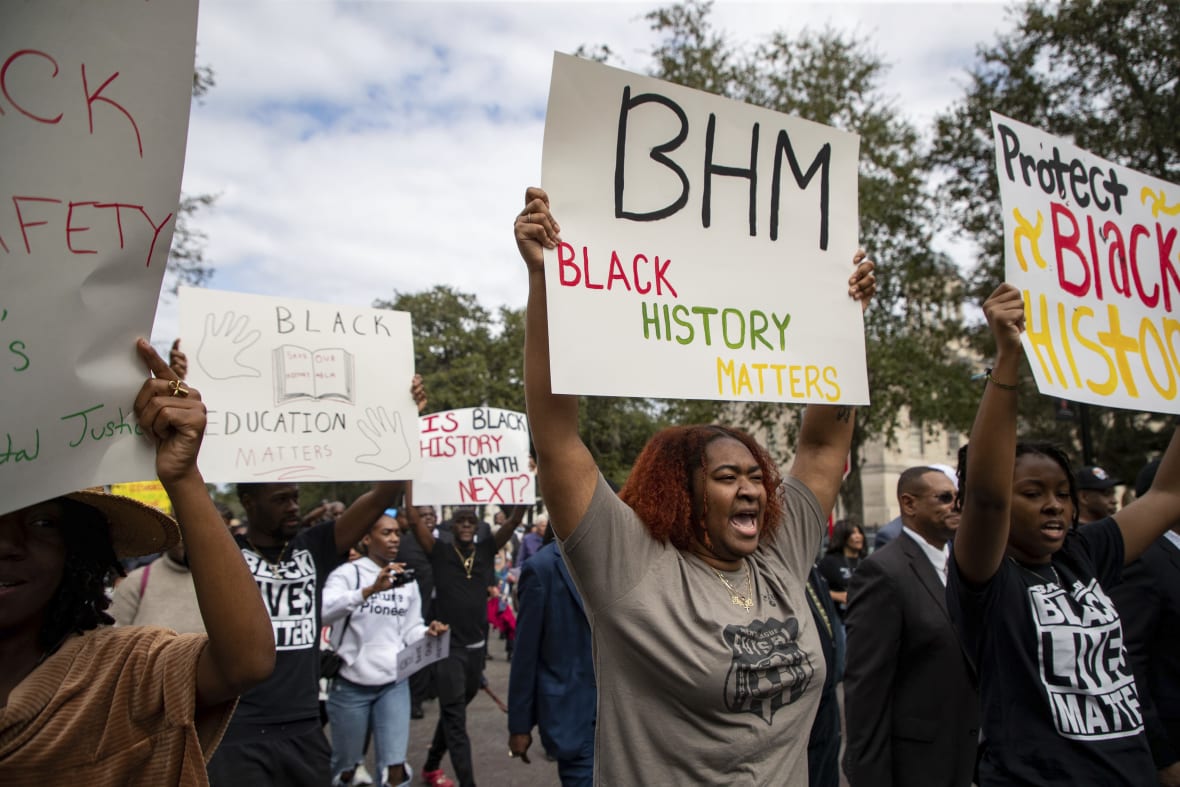
Similarly, Wiley said, “We certainly cannot correct ignorance, build relationships and make people more resilient and better able to identify disinformation if we’re not engaging in educating ourselves, our kids and formulating relationships.
Lieberman praised the Biden-Harris White House for doing “more to fight against hate crime…[and] white supremacy … than any other administration in recent memory.”
He added, “No Justice Department has been as outspoken as [this one led by] Attorney General [Merrick] Garland.”
Lieberman noted that the current DOJ is comprised of experienced civil rights attorneys like Associate Attorney General Vanita Gupta and Assistant Attorney General Kristen Clarke.
“They know about hate crime, they’ve written about hate crime, and now they’re in a position to speak out knowledgeably about hate crime and that is crucially important,” he said.
In his remarks during last year’s summit on hate, President Biden assured Americans that his administration would do what is necessary to combat hate, vowing “[it] will not prevail.”
“White supremacists will not have the last word,” he said. “And this venom and violence cannot be the story of our time.”
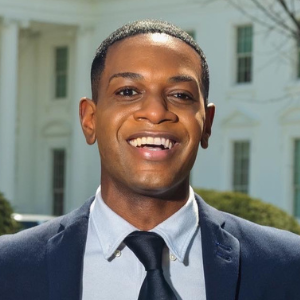
Gerren Keith Gaynor is the Managing Editor of Politics and White House Correspondent at theGrio. He is based in Washington, D.C.
TheGrio is FREE on your TV via Apple TV, Amazon Fire, Roku, and Android TV. Please download theGrio mobile apps today!
